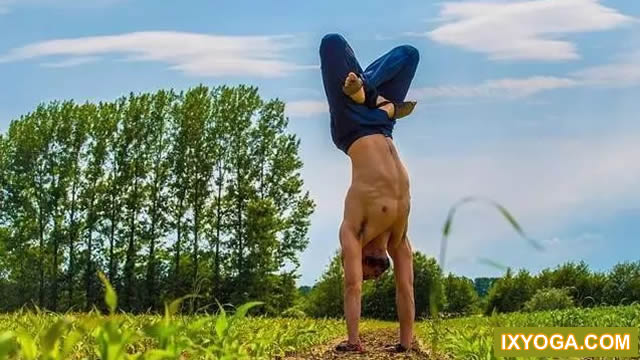Lectures on Sino-Tibetan Buddhist philology series for the 10th anniversary of the founding of the School of Humanities of Tsinghua University The sixth lecture of this semester (the fifteenth lecture in total) SexualYoga for the SubtleBody: Evidence from Dunhuangon Vajra Recitation “Sex yoga” before the formation of the “micro body” system: based on the Vajra recitation documents in Dunhuang as evidence Speaker: Jacob Dalton, Department of East Asian Languages and Culture, University of California, Berkeley Professor of the Department of South and Southeast Asian Studies Moderator: Shen Weirong, Lecture time of professor of the Chinese Department of the School of Humanities of Tsinghua University: 1 – 3 p.m.
on Friday, January 13, 2023 ZOOM meeting: 98459701203 Password: 0113 Organizer: The practice of sextuallyogantantantic Chinese Department of the School of Humanities of Tsinghua University Lecture abstract ā yoga s ā dhanas.Thesematerialsattesttoawell-developedperfectionstagebutonethatpredatesthecomplexsystemsofsubtlebodychannelscharacteristicoflaterperfectionstagepractice.Thereare,however,afewtersereferencestoabreathingpracticeinvolvingthecirculationofenergybetweenthemaleandfemalepractitionerswhileinunion.Thistalkexaminesthesepassagesandwhattheytellusabouttheearlydevelopmentofvajrarecitation(vajraj ā pa),acentralpracticeinthelater Ā ryaschoolof Guhyasam ā Ja execgesis.
Alongtheway, the talkalsore-solves the long-standing team of young scholars on the question of emissioninearlyantricBuddhism.
In the middle of the eighth century, the practice of “sexual yoga” of Buddhist Tantric Buddhism had developed and matured in India.
The great yoga achievement method in Dunhuang literature – including the text translated from India and the text created locally – enables us to glimpse the early development stage of the ritual.
These materials have proved a fairly mature and perfect practice, but this practice is earlier than the perfect practice formed in the later period, characterized by complex micro body system.
However, there are several brief references to a breathing practice in the material, which involves the energy cycle between men and women practitioners when they are practicing non-two elements.
This lecture will examine these passages in Dunhuang materials and reveal the Vajraj reflected in them ā Pa) The early development of the revision of the law, which was also the core revision in the interpretation and biography of the Sage Longshu School.
In this study, this lecture also solved the long-standing debate among scholars on the issue of missing and blindness in early Tantric Buddhism.
The keynote speaker Jacob Dalton, the Khyentse Foundation Distinguished Professor of Tibetan Buddhism, worked in the Department of East Asian Languages and Cultures and the Department of South and Southeast Asian Studies of the University of California, Berkeley Tibetan Buddhism Ningma School history, Tibetan Buddhism manuscripts and manuscripts in Dunhuang documents.
.


